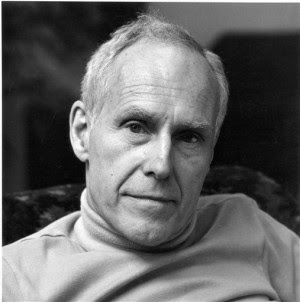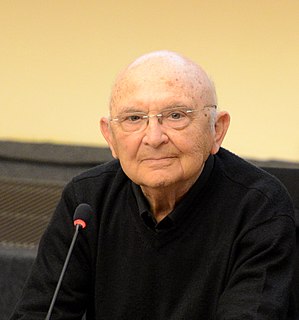A Quote by Michel Foucault
I belong to that generation who, as students, had before their eyes, and were limited by, a horizon consisting of Marxism, phenomenology and existentialism. For me the break was first Beckett's Waiting for Godot, a breathtaking performance.
Related Quotes
Samuel Beckett's 'Waiting for Godot,' billed as 'the laugh sensation of two continents,' made its American debut at the Coconut Grove Playhouse, in Miami, Florida, in 1956. My father, Bert Lahr, was playing Estragon, one of the two bowler-hatted tramps who pass the time in a lunar landscape as they wait in vain for the arrival of a Mr. Godot.
When we'd suggested doing it, the Theatre Royal management had said, 'Nobody wants to see Waiting for Godot.' As it happened, every single ticket was booked for every single performance, and this confirmation that our judgment was right was sweet. Audiences came to us from all over the world. It was amazing.
Waiting for Godot was not allowed. Neither was Henry Miller. The Soviets condemned them both. Miller would have been used as an example of decadence, being a very good analyst of how terrible and monstrous American culture was. That they liked, but they wouldn't publish him. I guess it must have been the sex. With Beckett, it must have been the hopelessness.
When her body first hit the net, all I registered was a gray blur. I pulled her across it and her hand was small, but warm, and then she stood before me, short and thin and plain and in all ways unremarkable- except that she had jumped first. The stiff had jumped first. Even I didn't jump first. Her eyes were so stern, so insistent. Beautiful.
Before you, Bella, my life was like a moonless night. Very dark, but there were stars, points of light and reason. ...And then you shot across my sky like a meteor. Suddenly everything was on fire; there was brilliancy, there was beauty. When you were gone, when the meteor had fallen over the horizon, everything went black. Nothing had changed, but my eyes were blinded by the light. I couldn’t see the stars anymore. And there was no more reason, for anything.
Performance was a shock to me. The first time I remember feeling I could do it was during the making of my first video, 'Fun for Me.' I couldn't sleep the night before the shoot, I was so frightened. I had to play a ghost and a piece of merchandise in a shop window, and I had no idea whether I was going to be able to pull it off.







































